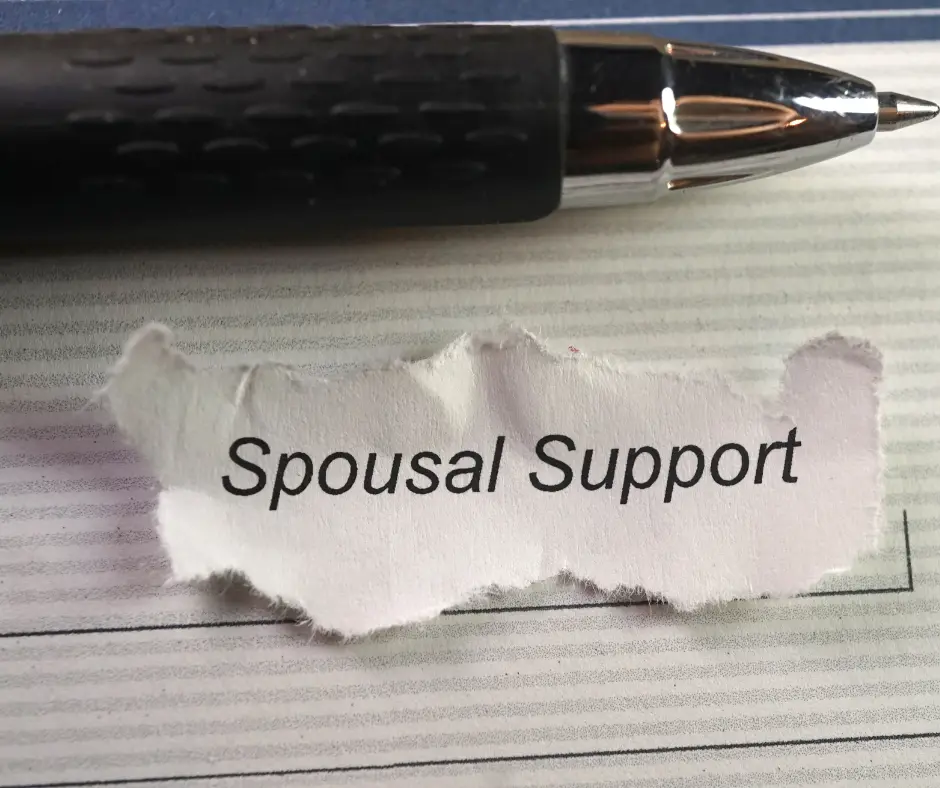In Wisconsin, parties to a divorce can ask for spousal maintenance. Also known as alimony or spousal support, this is a payment that one spouse makes to the other for a period of time after a divorce. A court can order maintenance as part of the divorce, but often the parties develop support agreements outside of the courtroom. Here are some tips for negotiating spousal support in your Wisconsin divorce case:
Wisconsin Spousal Maintenance
In Wisconsin, spousal support or alimony is called maintenance. The decision of whether or not to award maintenance is discretionary to the court. The court can order maintenance payments for a limited period of time, or an indefinite length of time, after considering all of the following factors:
- How long the couple was married
- The parties’ ages and their physical and emotional health
- How the couple’s property is being divided in the case and how much of it there is
- Each person’s educational level at the time of the marriage and when the divorce began
- The requesting party’s earning capacity, educational background, training, employment skills, and work experience.
- How long the requesting party has been away from the job market and, if applicable, their responsibilities for the couple’s children, how long it would take, and how much it would cost for them to get the necessary training and education to find suitable employment.
- How realistic it would be for the requesting party to become self-supporting at a standard of living reasonably close to the one they had during their marriage, and if so, how long it would take to attain this status?
- The tax consequences to each party.
- Agreements made before or during the marriage involve one party making financial contributions or services with the expectation of payment of reciprocation in the future if repayment has not been made. The court can also consider any other mutual agreement the couple may have made before or during the marriage regarding their financial support.
- The contribution by one spouse to the education, training, or increased earning power of the other.
- Any other factors the court believes to be relevant.

Be Realistic
When negotiating spousal maintenance, it’s crucial to start with a realistic perspective. Spousal maintenance orders can be indefinite, but, in most cases they are temporary. The idea behind them is to help the less financially advantaged spouse attain a standard of living close to the one they had during the marriage.
The payment terms, like the amounts, are based on the specific facts of the case. Before ordering anything, the court will examine the requesting party’s needs versus what the other party can afford to pay while helping both maintain their living standard. Outside of a mutual agreement, it’s highly unlikely that a court would order one spouse to pay all of the other’s expenses while he or she would live at a much lower standard of living.
Going into the process with a reasonable idea of what to expect can help both parties avoid unnecessary conflict.
Be Open to Compromise
Divorce negotiations involve both the big picture and the small details. You will have to work out specific key issues during your divorce, and some may be clearer cut than others. For example, Wisconsin is a community property state.
Outside of a contract like a prenuptial agreement, your marital property is likely going to be divided equally during a divorce. There is also a formula for determining child support and elements for the court to consider when determining legal custody and physical placement time for minor children. Spousal maintenance is part of the landscape.
Most terms require some degree of openness to compromise. Being inflexible about the support payment amount or its duration is not likely to be a welcome tactic during negotiations.
Recognize this Can Be an Emotional Issue
Divorce can happen for various reasons and, depending on the circumstances, there may be intense emotions that interfere with your ability to discuss spousal maintenance. For instance, the spouse who is being asked to pay support may not have wanted the divorce or may have suffered infidelity.
From their perspective, being asked to pay support on top of these behaviors may feel like a personal attack. For others, the idea of being connected to an ex through a support order for any length of time after the divorce may be upsetting. Another spouse may feel that it’s unfair that they should have to pay anything to the other.
Parties in this situation would benefit from consulting with experienced family law attorneys who can provide advice and insight about the process and what they can realistically expect regarding spousal maintenance.
Attorney and Mediator Karyn Youso of First Look Family Law has extensive experience assisting clients during divorce and can help you determine your next steps.










